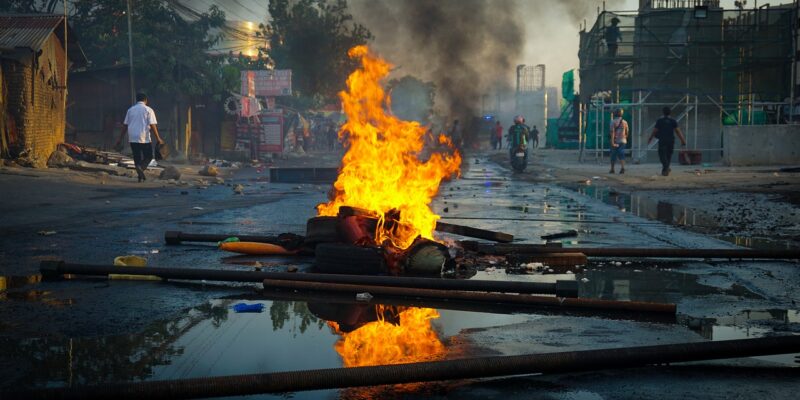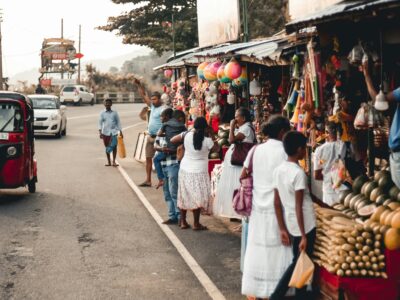24-09-2024
Sutapa Chakma, Debolina Samanta
Bangladesh Genocide Recognition Campaign,
Global Human Rights Defence.
Following Bangladesh’s recent historic independence from ex-PM Sheikh Hasina’s regime, a rural village, Dighinala in Khagrachhari, is currently being attacked by communal violence. On September 18th, 2024, Md Mamun, a Bengali man, was beaten to death in Khagrachari after being accused of stealing a motorbike. His death sparked a wave of communal violence that targeted the indigenous Chakma community in the Chittagong Hill Tracts (CHT). Over 100 Chakma homes and shops were set on fire on September 19th, in what local sources describe as retaliatory attacks by Bengali settlers.
The violence reflects the long-standing conflicts between Bengali settlers and indigenous peoples in the CHT. These tensions stem from the late 1970s and 1980s resettlement efforts, substantially altering the region’s demographic balance. The Indigenous community, particularly the Chakma, has long endured marginalisation, displacement, and violence, with no assistance from the government.
Following the turmoil, at least four people died, including Dhananjoy Chakma, who was beaten to death, and Rubel Tripura and Junan Chakma, both of whom were shot. The violence escalated beyond Khagrachhari, with other fights reported in Rangamati. According to reports, more than 70 people were hurt, including several who were injured by gunshot wounds during conflicts with Bengali settlers.
The Bangladesh army was deployed, but their presence has only increased suspicion among the indigenous community. During encounters between the army and members of the United People’s Democratic Front (UPDF), security forces have been accused of targeting indigenous communities during their patrols, heightening fear and tension in the region.
Despite the alarming tension, mainstream media provides little coverage of the events, prompting requests for international attention to address the situation. This violence is part of a larger pattern of human rights violations against Indigenous communities in the CHT, where land conflicts and ethnic differences are still turbulent, drawing attention to the ongoing fight for minority rights and safety.
Sources and Further Readings:
- The Daily Star, ‘30 indigenous homes, shops set on fire in Khagrachhari,’ The Daily Star, 19 September 2024 <https://www.thedailystar.net/news/bangladesh/crime-justice/news/30-indigenous-homes-shops-set-fire-khagrachhari-3707151> Accessed 19 September 2024.
- Dhaka Tribune, ‘Security tightened after one killed, 50 shops set on fire in Khagrachhari,’ Dhaka Tribune, 19 September 2024 <https://www.dhakatribune.com/bangladesh/nation/359090/security-tightened-after-1-killed-50-shops-set-on> Accessed 19 September 2024.
- The Business Standard, ‘50 shops gutted in Khagrachhari communal clash,’ The Business Standard, 19 September 2024 <https://www.tbsnews.net/bangladesh/50-shops-gutted-market-set-alight-during-clash-khagrachhari-945556> Accessed 19 September 2024.
- Prothom Alo, ‘Violence in Khagrachhari raises concern for indigenous communities,’ Prothom Alo, 19 September 2024 <https://en.prothomalo.com/bangladesh/crime-and-law/29lvimvkoe> Accessed 19 September 2024.
- Daily World, ‘Over 100 Chakma houses & shops set on fire in Bangladesh, claims rights body,’ Daily World, 20 September 2024 <https://dailyworld.in/national/over-100-chakma-houses-ampamp-shops-set-on-fire-in-bdesh-claims-rights-body–574517> Accessed 20 September 2024.







Comments